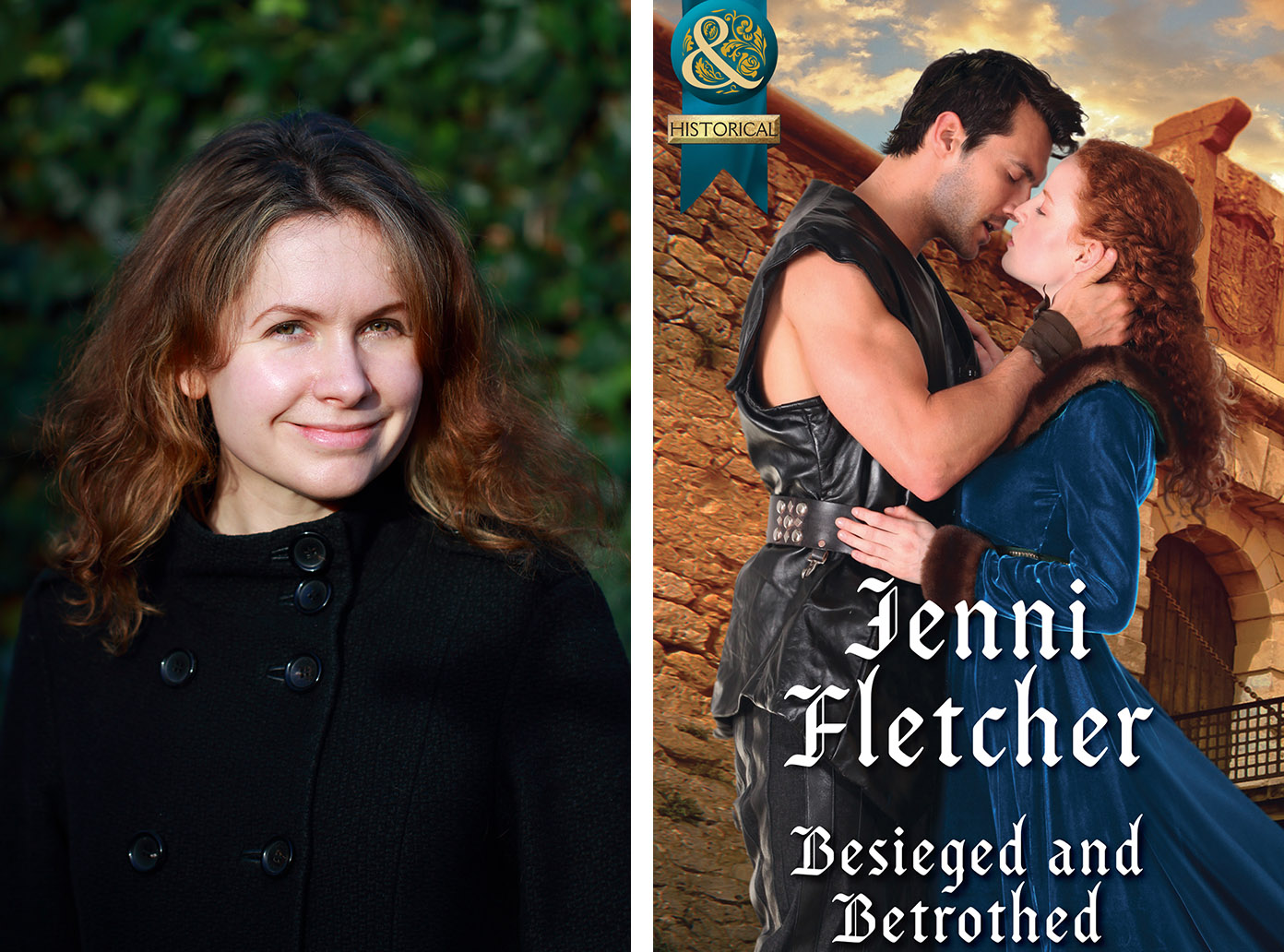Hints & Tips For New Writers #4
17 April 2018


This is my first blog for the RNA and I have to admit the idea of writing it caused me a few moments of panic. Partly because it’s a blog about writing for writers, who by their very nature are going to notice every contradiction and typo, but mainly because it’s called Hints and Tips for New Writers and, to be honest, I haven’t been writing that long myself. My first book was only published at the start of 2017 so I’m pretty new too.
On the other hand, I figured that being new might actually be an advantage. I can still remember what it’s like to be an aspiring writer (which I was for for a long time – like forty years, give or take) and I know how emotionally-draining the process of submissions can be, never mind the writing itself. So here I am, offering up all the snippets of wisdom I’ve learned over the past, um… year and a bit.
That disclaimer aside, my own philosophy is that, as writers, we all muddle through as best we can and find a method that works for us (personally, I’m an early bird who has to write everything out in pen before touching a keyboard, but I know I’m in the minority). There’s no one way to write because there’s no one type of writer and no one route to success. Some writers are born, some teach themselves to write, some go to creative writing classes, some do all three. So in this blog, I’m going to offer hints and tips that might hopefully work for some of you, but my first one is this – feel free to ignore all the advice and work out your own method. I won’t be offended much.
My own personal route to writing has been through reading. I’ve always loved to read, but then I guess it would be weird to find a writer who doesn’t. I spent seven years at university studying literature and I’d probably still be there in the stacks if I hadn’t also needed to earn money to eat. I’m a big believer in reading as a method of learning to write because the rhythm of language gets inside your head almost unconsciously. As Stephen King famously said, “If you don’t have the time to read, you don’t have the time or the tools to write”, but I want to quote someone else too, an elderly tour guide in Australia called Bernard who told me, “when you stop learning, you might as well be dead”. It wasn’t quite the message I expected to take home from my honeymoon, but it’s still a pretty good philosophy for writing and for life. Every book you read feeds your inspiration and teaches you more about language and structure and plot. Despite what some people say about arts degrees, I truly believe that no knowledge is ever wasted, and from a practical perspective, I find that reading is the best way to kickstart my brain when I get stuck.
So that’s pretty much all I have to offer this month – find your own method and read everything you can lay your hands on – but in this blog I’m going to be asking other writers and academics and publishers for more constructive advice, whilst hopefully learning a bit more myself.
In the meantime, I’m going to leave you with this piece of advice from the German poet and philosopher Novalis, “It is certain my conviction gains infinitely the moment another soul will believe in it.” A lot of writing is about conviction – confidence in your ability, in your story and in the possibility that it might one day be published. Maintaining that conviction can be really, really hard, but the good news is that the RNA is here to support you and to believe in you and your story. So believe in yourself too and next month we’ll look at how to get started.
*

Jenni Fletcher studied English at Cambridge before doing a PhD on Victorian and Edwardian literature at Hull. She’s written four books for Mills & Boon and her fifth is out later this year. If you provide caffeine and sugar, she’s happy to talk about books and/or period dramas all day.



